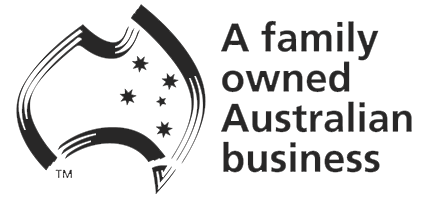 These days, we use tissues instead of handkerchiefs, paper towels instead of cleaning cloths and now more than ever, wet wipes instead of toilet paper.
These days, we use tissues instead of handkerchiefs, paper towels instead of cleaning cloths and now more than ever, wet wipes instead of toilet paper.
The argument by manufacturers is that these products are more hygienic and can be disposed of after use, reducing exposure to germs. And while that may well be true, where we dispose of them is becoming a real issue.
The wet wipes phenomenon
In recent years, certain sections of society – typically those with high disposable incomes – have taken to using wet wipes instead of traditional toilet paper, having been convinced by the makers that they provide a deeper more thorough clean.
But the real problem is that the makers also tell them that these products are flushable just like toilet paper, and the stark truth that is now emerging is that they should not be flushed down the toilet.
Sewer workers are now finding huge ‘fatbergs’ of wet wipes bound together with grease and fat clogging up pipes and filtration equipment under our cities.
The toilet paper difference
The reason we have never experienced any such problems with toilet paper is because toilet paper is specifically designed to break down upon contact with water. It disintegrates within eight seconds of being immersed, meaning it can be easily flushed away and will not cause blockages in the sewer system.
Wet wipes, on the other hand, are made using a product called spunlace which is woven together thus making it much stronger than toilet paper. The result is that while wet wipes may flush down the toilet without a problem, when they eventually reach the sewer they tend to find others of their kind and congregate together in large masses that wreak havoc in our water treatment facilities.
The solution
The problem of wet wipes is costing the New York Water Department around $18 million a year and to give you an idea of how big the problem is becoming worldwide, London sanitation workers recently found a ‘fatberg’ of wet wipes blocking a sewer pipe that was as big as a bus and weighed an incredible 15 tonnes.
So what can be done? Well, ideally, people should stop using wet wipes, but it appears that is not going to happen and in fact, use of wet wipes is actually on the increase.
So, what needs to happen (and what is currently being debated) is redefining the term ‘flushable’ and possibly even removing it from wet wipes packaging. The manufacturers claim they are abiding by all current legislation in this regard and indeed they are. It just seems that someone got the legislation wrong to begin with.
Hopefully, a compromise will be found and people can continue enjoying that ‘superior clean’, without the prospect of a giant ‘fatberg’ growing menacingly in the dark beneath their homes.




